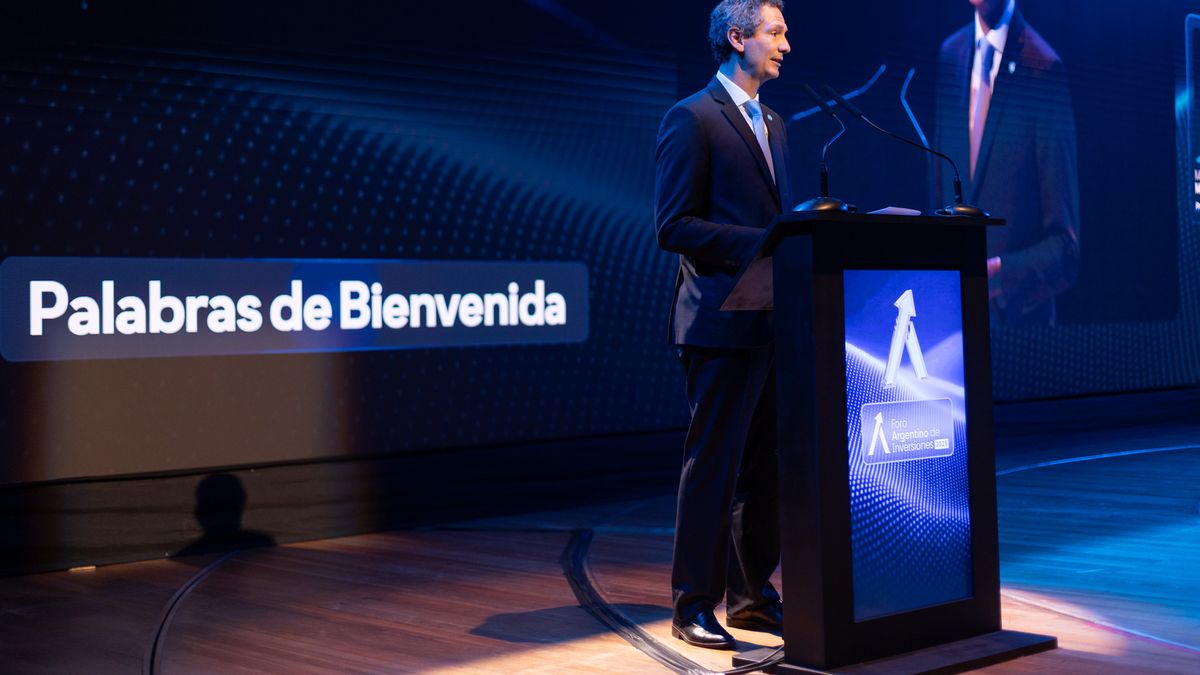Kast led the presidential election with 28.52% of the votes, followed by Boric, with 24% after counting 76% of the votes, the Electoral Service reported.
As in Chile since 1999, the election will be defined in the second round since no one exceeded 50% of the preferences to succeed the current president, the conservative Sebastián Piñera.
The populist Franco Parisi (liberal right), an economist who lives in Alabama, southern United States and has not set foot in the country throughout the election campaign, is third with 13% of preferences after concentrating his proselytizing on social networks. Very close the Christian Democratic senator, Yasna Provoste, with 12% and the ruling party Sebastián Sichel with 11%.
“We leave with our heads held high, I already sent my congratulations to Kast,” Sichel said, early in acknowledging his defeat. In the second round, he stated that he would not vote for Gabriel Boric, but he also did not openly call to vote for Kast.
“That totalitarian and fascist spirit is what the candidacy of José Antonio Kast represents. We could never have a neutral position regarding what this means for the country. We do not want those pains and horrors (that occurred during the dictatorship of Augusto Pinochet), “Provoste said, also acknowledging his defeat.
Regarding his support for Boric, an ally of the communists, he said that he will not remain neutral but did not give him explicit support.
Uncertain weather
The elections this Sunday were the most uncertain since the dictatorship of Augusto Pinochet (1973-1990), with the previous idea of changing the neoliberal model that allowed economic growth and political stability in the last three decades but is pointed out as the origin of the inequality that led to the protests since October 2019.
But also to restore order and stability lost after the massive social protests that began on October 19, 2019.
Boric, 35, the minimum age to run for the presidency of Chile, proposes a change to the neoliberal economic model, while Kast, 55, promises to restore order and security after two turbulent years.
The tables closed at 6:00 p.m. local time (9:00 p.m. GMT), with long lines of voters waiting to vote in the fourth elections held since October 2020, when the plebiscite was held to define the change to the Constitution inherited from Pinochet.
In Chile, voting has been voluntary since 2012 and foreigners with more than five years of residence in the country can vote. There is usually a low electoral turnout, especially among young people.
“You have to come and vote to turn this page of division and mess in the streets,” Cristina Arellano, a 42-year-old accountant at a school in Ñuñoa, a middle-class commune in the capital, told AFP.
“We represent the process of change and transformation that is coming, (but) with certainty, with the gradualness that is necessary,” said Boric voting in Punta Arenas, his hometown, in the extreme south.
For his part Kast, who after 20 years of militancy in the ultra-conservative Independent Democratic Union (UDI) party is one of the founders of the Republican Party, tries to maintain the neoliberal model inherited from the dictatorship and promises to impose “order, security and freedom.”
“The main thing (today is that) many people can attend to vote and that each one can speak freely” and “vote informed,” said the lawyer, who maintains that Boric and his alliance with the Communist Party will bring “chaos” to Chili.
Also competing were the far-left professor Eduardo Artes, the filmmaker and progressive politician Marco Enríquez-Ominami.
Several analysts consulted by AFP believe that these elections will close the country’s old political cycle, since the two candidates who went to the second round are outside the coalitions of traditional parties that have governed Chile in recent decades.
“It can be argued that they are the last elections of the old cycle, since they can end with a different result than the (political) that there have been,” said Raúl Elgueta, a political scientist at the University of Santiago.
The president of the Chilean Socialist Party, Álvaro Elizalde, announced tonight the support of that force for the candidacy of the leftist Boric in the ballot December 19 next.
Elizalde acknowledged that Yasna Provoste, the presidential candidate for that force, a member of the New Social Pact – heir to the former Concertation that governed Chile for five presidential terms since the return of democracy – failed to convince the Chilean people.
“The result shows that the calculation is led by the far-right candidate, who not only constitutes a threat to democracy. It also constitutes a threat to the daily life of all Chileans.”
“We believe that his eventual government (of Kast) would be even worse than that of Sebastián Piñera and would generate a picture of instability precisely due to initiatives that go against the interests of the national majorities, and particularly that would harm the quality of life of many Chileans and Chileans throughout the territory, “said Elizalde.
He acknowledged the defeat of his candidate, who he said was the best alternative to the dilemma that the country had to face, and announced that “we want to call all Chileans to vote in the second round for the candidate Gabriel Boric.”
Source From: Ambito
David William is a talented author who has made a name for himself in the world of writing. He is a professional author who writes on a wide range of topics, from general interest to opinion news. David is currently working as a writer at 24 hours worlds where he brings his unique perspective and in-depth research to his articles, making them both informative and engaging.




